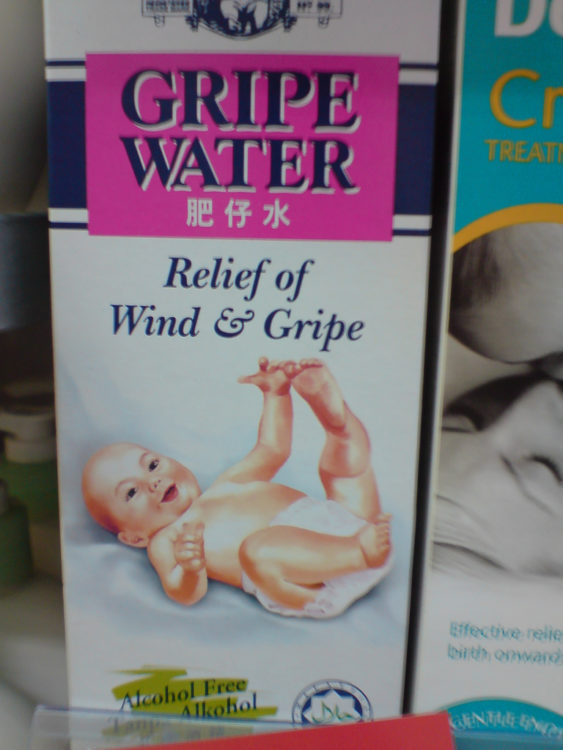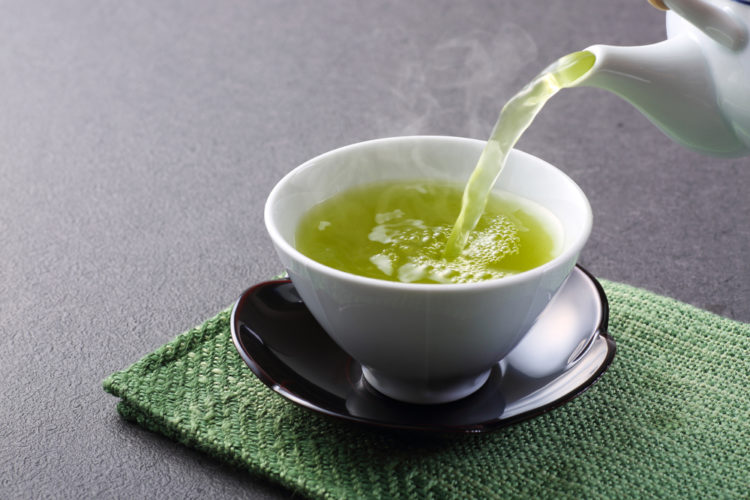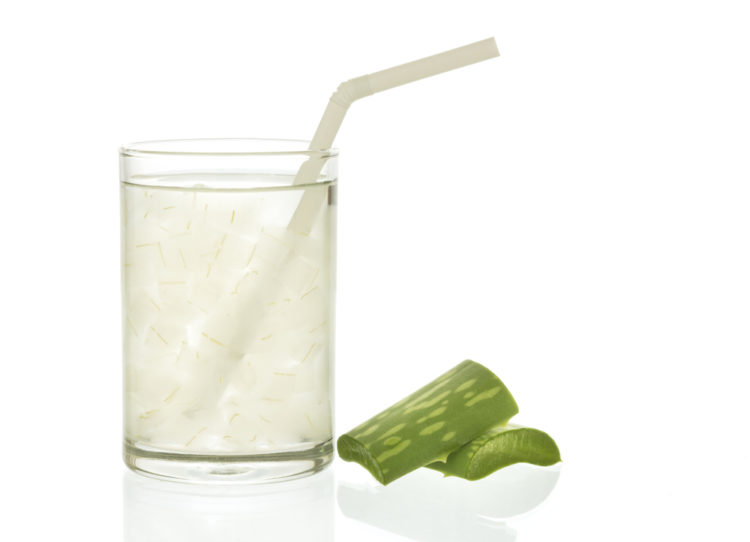Colic is a condition sometimes described as predictable periods of distress in otherwise healthy, well-cared-for babies. If it’s predictable, does that mean there are colic remedies we can use?
Well, first, to meet a diagnosis for colic, a baby must cry for at least three hours a day, at least three days a week, for three weeks or longer. That’s a long time!
Parents typically find that there is nothing they can do to help their baby calm down during colic episodes, leading to much worry. To make matters worse, colic can last as long as 3 to 4 months.
Fortunately, the silver lining in all of this is that colic is not a life-threatening condition. And natural colic remedies are easy to come by.
It is important that you consult with your baby’s doctor to rule out the possibility of any other reasons for their distress.

There are many things besides colic that could be making your baby fussy. These include:
- An infection
- Acid reflux
- Stomach problems
- Inflammation or pressure of the brain or nervous system
- Eye trouble
- Irregular heartbeat
- Injury
Colic is a mystery. Doctors aren’t entirely sure what causes it, but the most popular theory to date is that it has to do with a baby’s growing digestive system that builds gas throughout the day.
Once your doctor has ruled out any underlying condition as the cause for your child’s fussiness, he or she will likely tell you that the issue is colic.
There are currently no medications on the market to treat colic, and most doctors will likely tell you to wait until the issue goes away.
To get through colic, try these natural colic remedies that have traditionally proven helpful for parents of children with colic.
1. Gripe Water

Gripe water was invented in the 1840s by English pharmacist William Woodward as a means of treating fen fever.
The original gripe water product contained alcohol but the formula was reformulated in the 90s to make it alcohol free.
The best time to give your baby gripe water is during or after feeding. This will help your baby’s digestive system break down the enzymes in his or her food.
Dr. Philippa Kaye says:
“The active ingredients in gripe water help combat it [colic] by neutralizing excess acid in the stomach and breaking down trapped air bubbles.”
2. Tea

One of the more accessible natural colic remedies is right in the grocery store. In fact, fennel tea as a treatment for colic holds some scientific merit. It works by helping to relax a baby’s gastrointestinal tract.
Other types of herbal tea the university lists as helpful for colic include:
- Peppermint
- Chamomile
- Lemon balm
- Slippery elm
- Catnip
- Dill
When preparing the tea for your baby, ensure that it is warm but not hot to the touch.
3. Aloe Vera Juice

Aloe vera juice can help reduce irritation in your baby’s gut. As an interesting side effect, drinking the juice may also help soothe diaper rash. Find organic, sustainable brands online or your local natural foods store.
You can also buy concentrated aloe vera juice and place one or two drops in your child’s fruit juice throughout the day.
4. Massage
The benefits of touch alone soothes babies. But one study found that massage relieves colic in just one week. Furthermore, babies who received aromatherapy abdominal massages using lavender oil experienced fewer colicky symptoms.
And of course, you can perform a colic massage right at home. Have a look at the following video for information on how.
5. Dietary Changes
Of course, you can also try switching to a different food source if you notice your baby is colicky. Some babies on formula can’t handle the processed ingredients. But even though breast milk is baby’s optimal source of nourishment, sometimes what Mom eats disagrees with the baby’s developing digestive system.
Some studies have found that simply changing the type of bottle the baby is fed with can reduce symptoms of colic. And if you use a plastic bottle to feed your baby, try switching to a glass bottle to see if that changes things. Glass is better anyway.
It is also important to not overfeed your baby while breastfeeding. Some babies continue to nurse even after they are full due to the comfort it brings them.
If your baby’s colic symptoms are accompanied by greenish, watery bowel movements or excess spitting up, it is likely you are overfeeding him or her.
Sources:
Mayo Clinic
Web MD
What to Expect
Made for Mums
Express
Parenting
Earth Clinic
NCBI
Wiley Online
Web MD
Baby Gear Lab
Baby Care Advice


